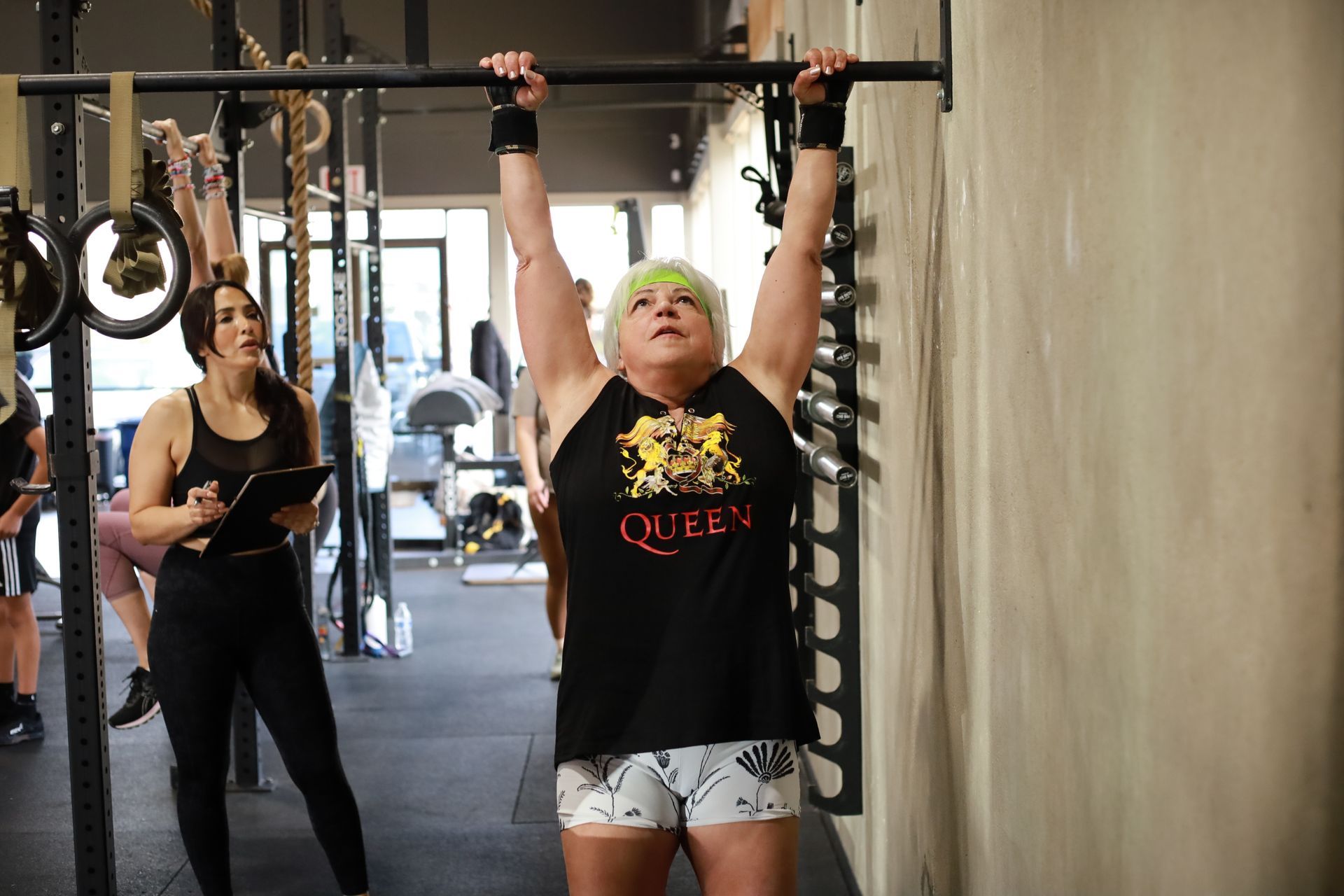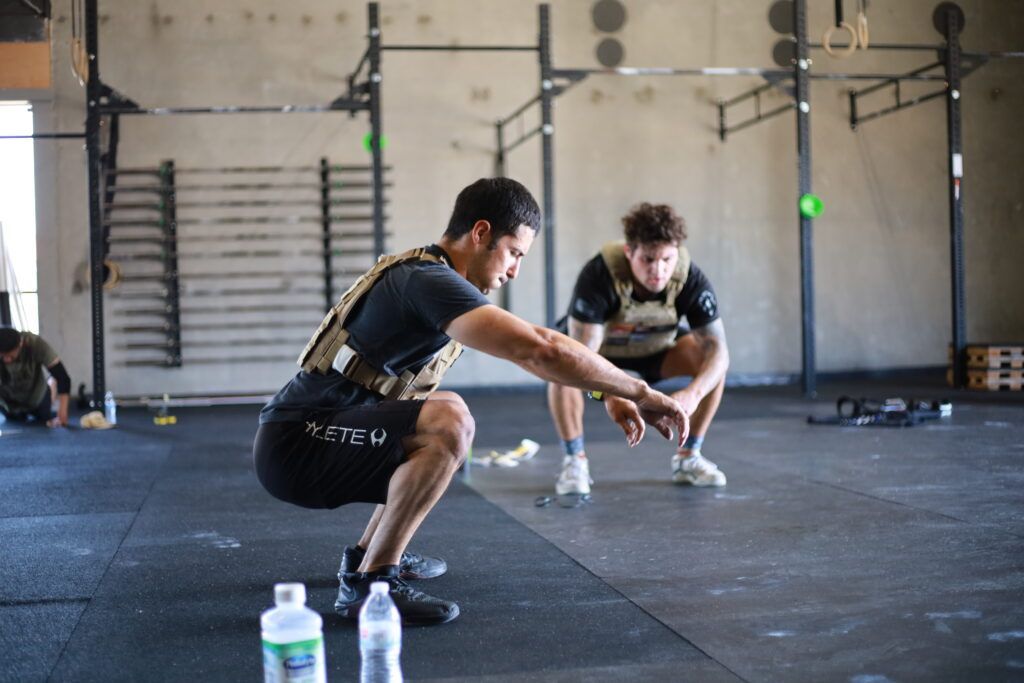Be the Leader for Your Children Nutrition
Nutrition and kids…
Nutrition for kids can be a taboo topic, which is understandable when this generation seems to be so hyper focused on outward appearance. HOWEVER, neglecting to talk about nutrition all together will set up kids for a hard young adult and adult life.
Here are some guidelines when it come to nutrition for kids.
The pillars…
They look at you as a model.
Mostly likely, whatever you do and say your child will model. If you eat whole foods, they most likely will see eating whole foods as normal. If you are constant talking about needing diet, they most likely will say and feel like they need to be in a diet or think dieting is a lifestyle. If you eat at the couch mindlessly, they will eat at the couch mindlessly.
Be the example.
Steer away from bribery.
Food can be used to bribe children in two ways. Emotionally or to inspire achievement/undesirable behavior. Try to steer away from both as much as possible, but definitely for emotion. This one sound like, “You had a bad day at school? I am sorry, why don’t we get some ice cream to cheer you up?” This teaches children to use food as a coping mechanism. As an adult, emotional eating is a hard habit to break and can lead to physical and emotional issues. We want children to be able to cope with emotions in a healthy way, not with the comfort of food.
Keep it simple.
Us adults know, nutrition can be so conflicting. There are so many “diets” out there and yo-yo dieting is so common. Kids have yet to be introduced into this world of confusion. What they need is simplicity. Which is…
Balance.
Protein, Carbs, Fat in the form of mostly whole foods.
If we focus on mostly whole foods, that takes out many of the sugars and processed foods. As the adult, you are buying the groceries. Look at the label. Most popular cereals contain a TON of sugar and a little protein (8g is not a lot, so please don’t be tricked by the advertising). AND this is the FIRST thing kids are consuming! This causes them to have energy crashes, fogging brain, and gut disruption. INSTEAD, try your best to serve them balances meals. A little bit protein, carbs, and fat. Sticking to mostly whole food.
For you to know…
Calorie talk for kids is not needed. BUT I want to share something eye opening to you. According to the Dietary Guideline for Americans 2015-2020, 14-year-old teenage females need an average of 2,000 calories per day and 14-year-old males need an average of 2,400 calories per day. Active teens may need even more calories each day, depending on activity level.
I say this to also paint a picture of you… If 2,000 calories is what a teen female needs, how much do you think you need?
Tie it to their why.
As stated in the beginning, food is a necessity. Based off of how you use it, it can help you achieve your goals or take you farther away from it. Tie food into your child’s why. Is your child trying to get onto a schools sports team? Teach them that food can help them perform better and recover faster. Is your child into school academics? Great! Teach them that certain foods will help them focus more while others will make it harder to think clearly.
In review…
Be a leader.
Steer away from bribing them with food.
Keep nutrition simple.
Focus on balanced, whole food meals.
Your growing child need to EAT!
Tie it to their why.
Disclaimer: For Educational and Informational Purposes Only. While we draw on our prior professional expertise and background in many areas, you acknowledge that we are supporting you in our roles exclusively as coaches only. If you are your child(ren) struggle with an eating disorder, please seek out professional help.
The post Be the Leader for Your Children Nutrition appeared first on Makers CrossFit.





